‘We have new hope’: Six months after the fall of Kabul, Afghans seek a fresh start in exile
People who fled Afghanistan after the Taliban seized power have faced uncertainty over their future abroad. Holly Bancroft hears how some are building a new life, while others are stuck in asylum limbo

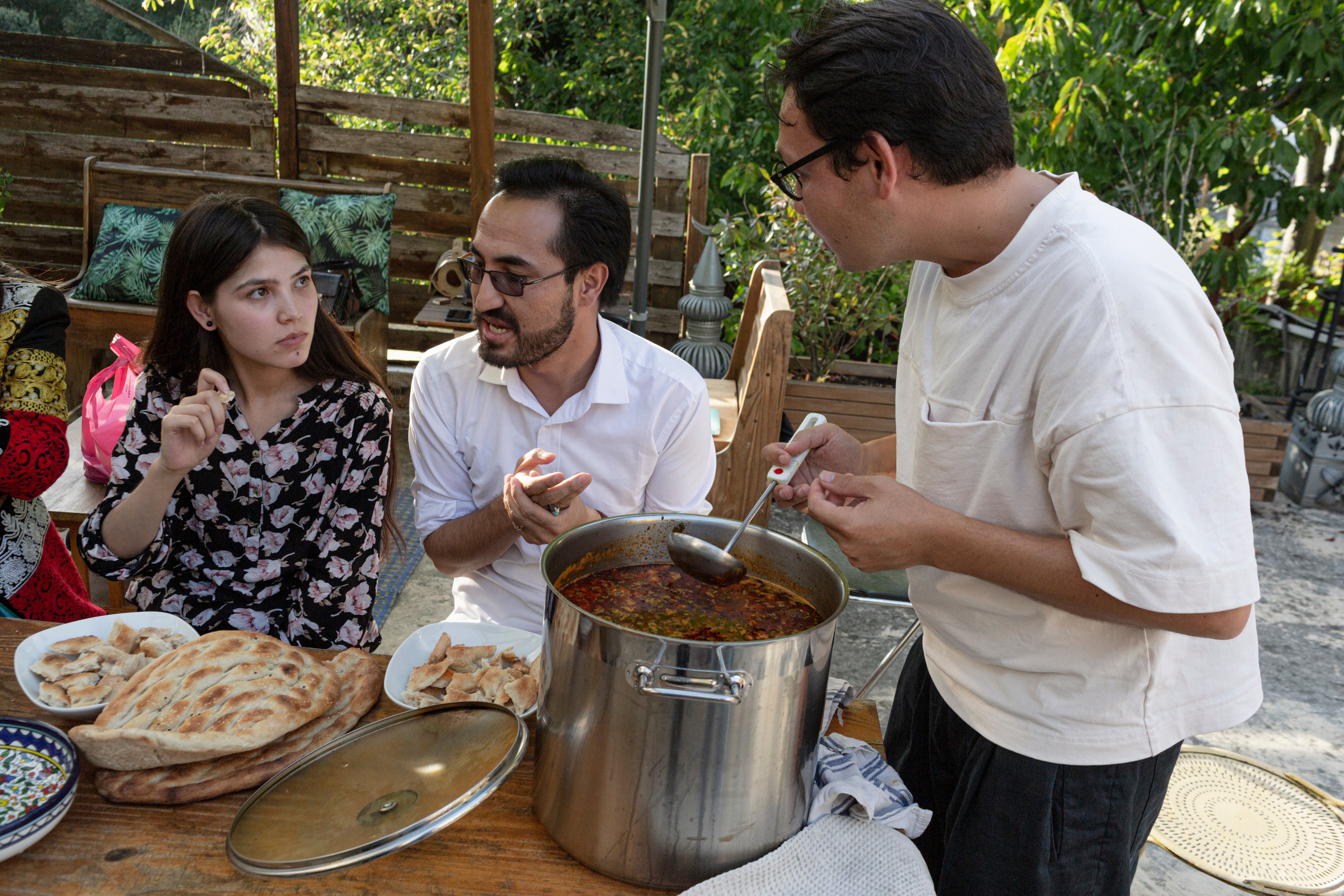
Before boarding a flight last week to Auckland, Afghan photographer Massoud Hossaini finally allowed himself to envisage a future on his own terms.
The Pulitzer Prize winner caught the last commercial flight out of Kabul last August after spending months on the front lines capturing the Taliban’s advance, and ended up in the Netherlands on a temporary visa while he considered his options and the prospect of applying for asylum.
For the past six months, he had been stuck in limbo in the Netherlands, unable to work, freely travel, or find a place of his own. Then New Zealand offered him hope in the form of a visa.
“I have to find a way to be a citizen again in the world – and maybe in New Zealand I can do that,” Hossaini told The Independent before boarding his flight last Sunday
After reading an interview with Hossaini in The Independent last November, New Zealand’s immigration ministry contacted him on social media. A visa and plane ticket to Auckland were arranged.
The country’s associate immigration minister said that Hossaini had been issued a “critical purpose visitor visa to resettle in New Zealand”.
“A generation of journalists that made up what was a vibrant free press in Afghanistan now face a real threat to not only their ability to carry out their work, but to the safety of themselves and their families,” said Phil Twyford.
Six months on from the fall of Kabul, Hossaini is one of thousands of Afghans who are now trying to rebuild their lives in exile. He is among the more fortunate ones.
The United States had resettled 68,000 Afghans as of last month. The European Union had seen 28,000 Afghan arrivals as of late December, although it is unknown how many of them have been granted asylum.
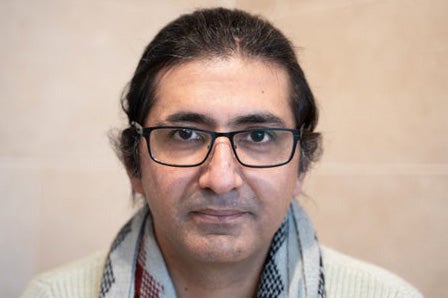
In Spain, “Operation Antigone” has welcomed 1,700 Afghans, and in Italy 5,000 have been given new lives – with humanitarian corridors set up for a further 1,200 to come.
However, other countries have not been so generous. In June last year, Greece unilaterally declared that all asylum seekers from Afghanistan could be sent back to Turkey because it was a safe county.
Others are stuck in third-party countries, such as Albania or Tajikistan, hoping that the UK or the US will approve their visa applications.
“Many people are still in limbo,” Olivia Sundberg Diez, policy advisor at the International Rescue Committee told The Independent. “Across Europe there have been very different responses. There have been some good practices but all in all we haven’t seen a concrete public commitment to bring people to safety.”
Many asylum seekers also remain separated from their families; either because countries are slow to prioritise reunification or because they have a narrow view of which members count as “core family”, Ms Diez added. Even if one person can find an asylum place in Europe, they often cannot be reunited with their parents or siblings.
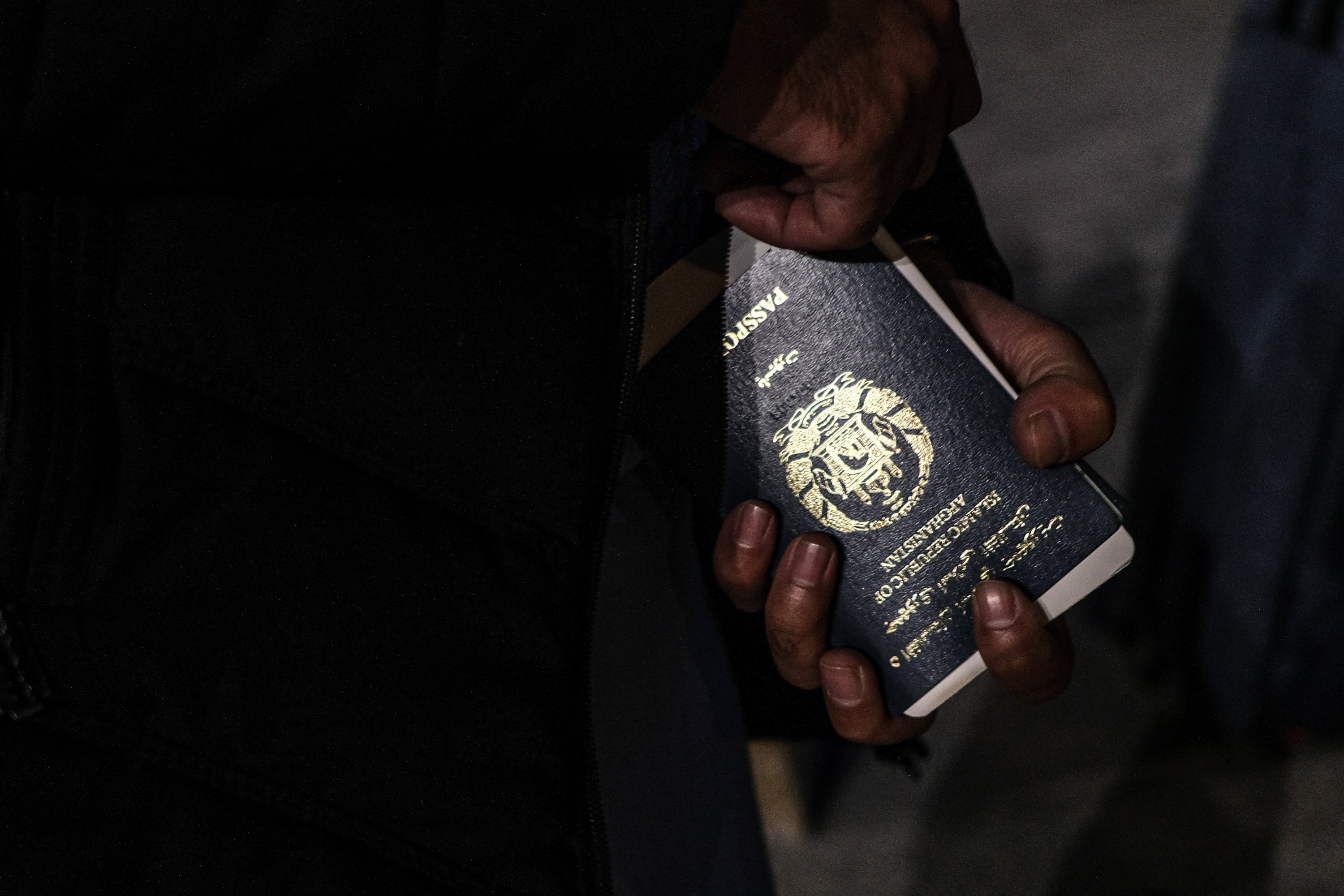
This is the case for 28-year-old Salima Aryaanfar, who arrived in Leipzig from Kabul in October last year. She was the sole financial provider for her family in Afghanistan and she is worried for their safety. “I’m trying everything I can to bring my family to Germany but I can’t find a way,” she said.
Aryaanfar had worked as a freelance translator for western media during the Taliban takeover of Afghanistan, as well as doing some work for the German government.
Speaking from a hostel in Munich, she said: “The girls like me are very worried about their families. We are single here and it is difficult to live without them.”
Nonetheless, she was full of praise for the way she has been supported by the German government. “Officials here have helped us to get a bank account, a residence permit, health insurance, and registration for the municipality.” She expects to receive her ID card next week, which will allow her to work in the country.
Embarrassing is a word I cannot use for the UK government, because this is beyond embarrassing
“My plan is to build a career in humanitarian aid in Germany and then one day go back to help Afghanistan,” she said.
Only a small number of countries, such as Germany, have established a safe and legal pathway to protection, said Reshad Jalali, policy officer at the European Council on Refugees and Exiles.
“The majority of those evacuated are still residing in camps, temporary accommodation and in some cases hostels.”
The people that are in these transit settings are Afghanistan’s most educated, according to Sanam Naraghi-Anderlini, founder of the International Civil Society Action Network (Ican), a peace advocacy organisation.
The majority are still in Afghanistan, many in safe houses that the organisation is supporting. Others “are sitting in hotels, hostels, camps, with increasing mental health difficulties, hearing increasingly bad news from home. These are the best talents of Afghanistan,” she said.
Last August, Ican put together names and details of some 300 severely at-risk people and their families – a total of about 2,000 people – and sent them to western governments. A ready-made list of the people politicians have explicitly promised to help.

Six months on, Germany has approved resettlement for about 84 families on the list, Canada is still processing applications with a minority of cases approved, while the UK government has done next to nothing, according to Ms Naraghi-Anderlini.
“The British government goes to the UN security council and talks about protecting women peacebuilders and women’s rights activists. Through the Foreign Office they say one thing in one forum, and when it come to actually doing anything, it’s been zero. In fact the Home Office has deprioritised at-risk Afghan women,” she added.
Dr Neelam Raina, who has helped to evacuate Afghans who worked for the UK government, said there is “radio silence” about their applications. “Embarrassing is a word I cannot use for the UK government, because this is beyond embarrassing,” she said.
The UK launched the Afghan Citizens Resettlement Scheme (ACRS) last month, which plans to resettle up to 20,000 Afghans during the next five years.
However it has been criticised because a third of the places promised have been given to people who were already in Britain – prompting fears that many still in Afghanistan will no longer be able to reach safety.
The German government, however, is “working with ruthless efficiency”, Dr Raina said. “It’s stunning their level of coordination. One person is filtering paperwork, one person is looking at Covid reports, one person is looking at passports – and it works like a dream.
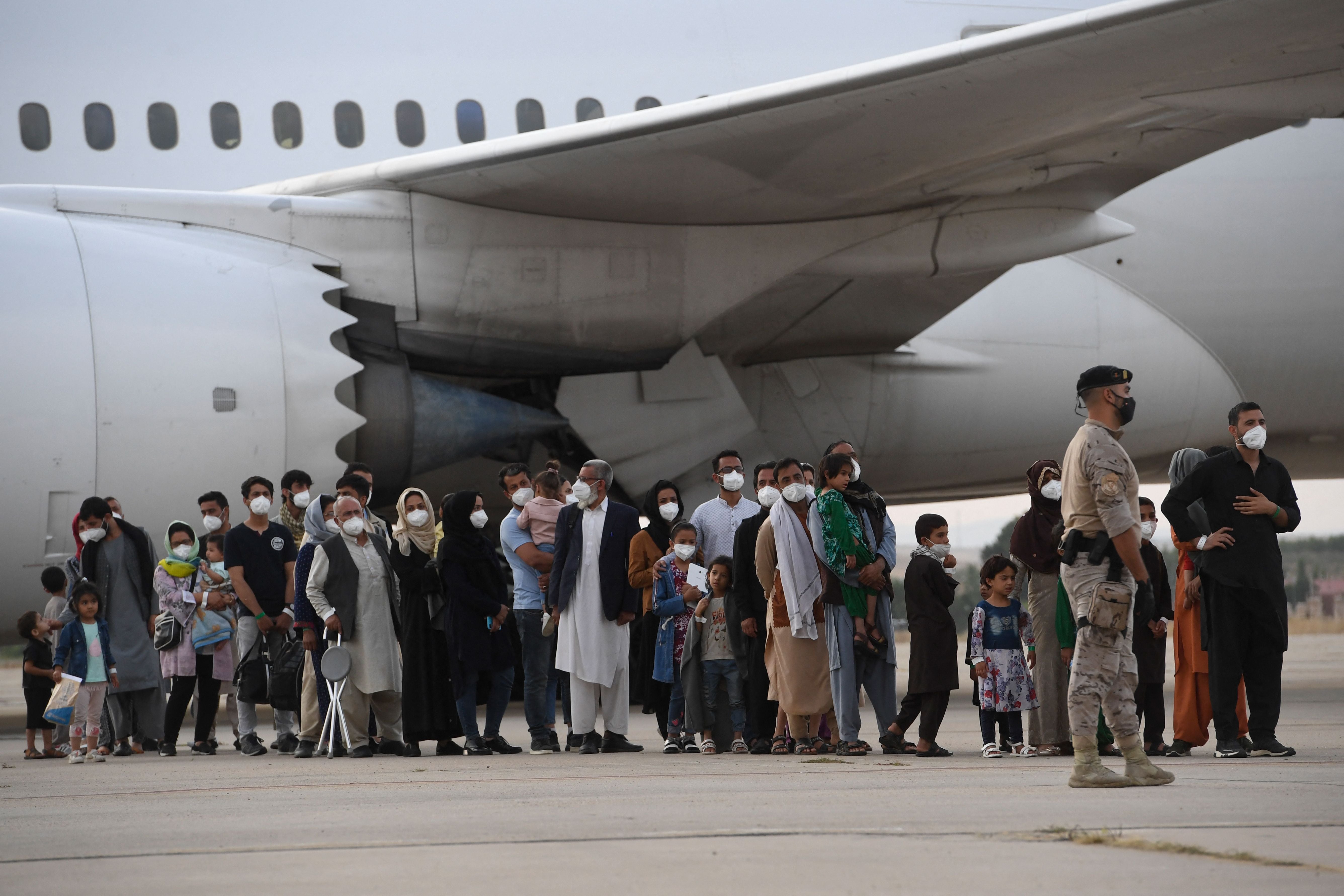
“The US has plunged in more resources too, and the Canadian government is starting to get things moving. Other countries are doing a good job.”
Ms Diez of the International Rescue Committee also pointed to Ireland as a positive example, as they have recently made their family reunification polices more flexible.
“Portugal, Finland, Belgium are also admitting people, but there is still a long way to go,” she warned. “It is quite concerning how quickly attention has drifted away.”
Since the fall of Kabul, 22-year-old Masouma Tajik has been constantly on the move.
First from her home in Kabul to the airport, then back home after the terminal was looted by thieves, then finally onto the only flight she could find – a plane headed to Kiev in Ukraine.
“People are worried here,” Tajik, who worked as a consultant in Kabul, told The Independent. “They fear war and I know that feeling. I think my chance of survival here is more than the situation I was in in Kabul and honestly I should be realistic because I know I cannot leave.”
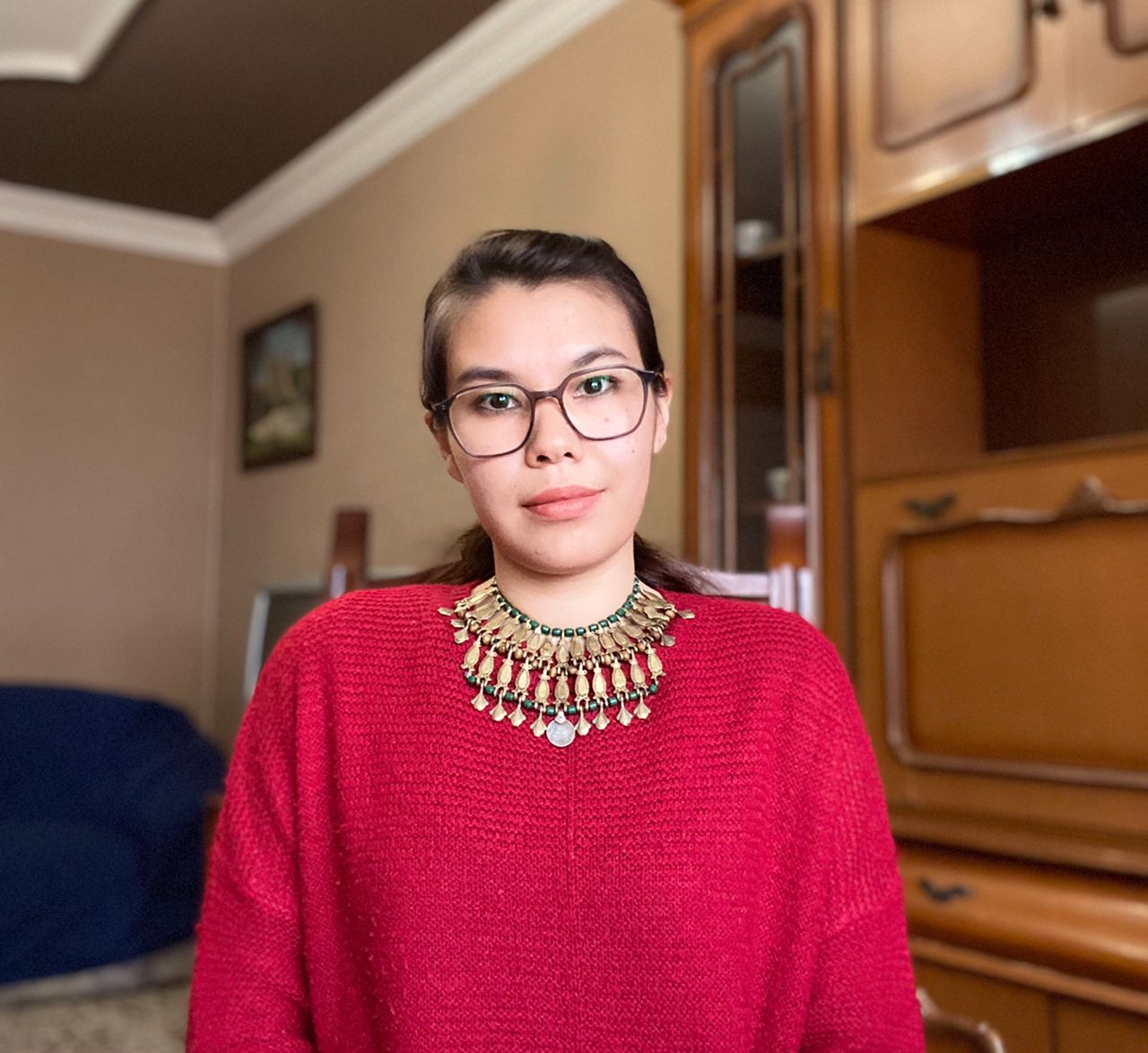
Tajik, who has been offered a full scholarship to do a masters in data science and public policy in the United States, is waiting for her student visa to be processed. Her passport is close to expiring and has only been extended with a stamp from the Afghan embassy in Kiev.
She cannot apply for asylum in Ukraine because that would mean giving up her passport; the only piece of ID that allows her to access money via Western Union transfers.
Although people she knows are gathering food and cash in case of a Russian invasion, she is most worried about how war might affect her visa application.
Education is also a priority for Atefah Hassani. Now based in Murcia, southeast Spain, she said: “When I was living in Afghanistan, me and my friends, we were all working hard to get educated. We wanted to do masters degrees abroad and then come back to Afghanistan.”
I’m so pessimistic about Afghanistan but I know we have a new hope here
Hassani is now living with her sister, and a Syrian family, in a flat provided by the Spanish government.
Each month they are given subsistence money in cash and have to provide the receipts to show how they have spent it.
But with Hassani’s asylum case being recently accepted, she will now move into the “second phase”, where she is allowed to choose where she lives and will not have to invoice her expenses.
“When I came to Spain everything was so organised,” she said. “We only stayed one night in a camp and then they sent us to the city and a flat was already prepared. We have been lucky.”
Before Kabul collapsed, Hassani had been preparing to do a masters degree in Germany. While that dream did not materalise, she has since received a scholarship to study international development in Madrid.
“I never imagined that one day I would be in Spain,” she added. “I’m so pessimistic about Afghanistan but I know we have a new hope here.”






Join our commenting forum
Join thought-provoking conversations, follow other Independent readers and see their replies
Comments